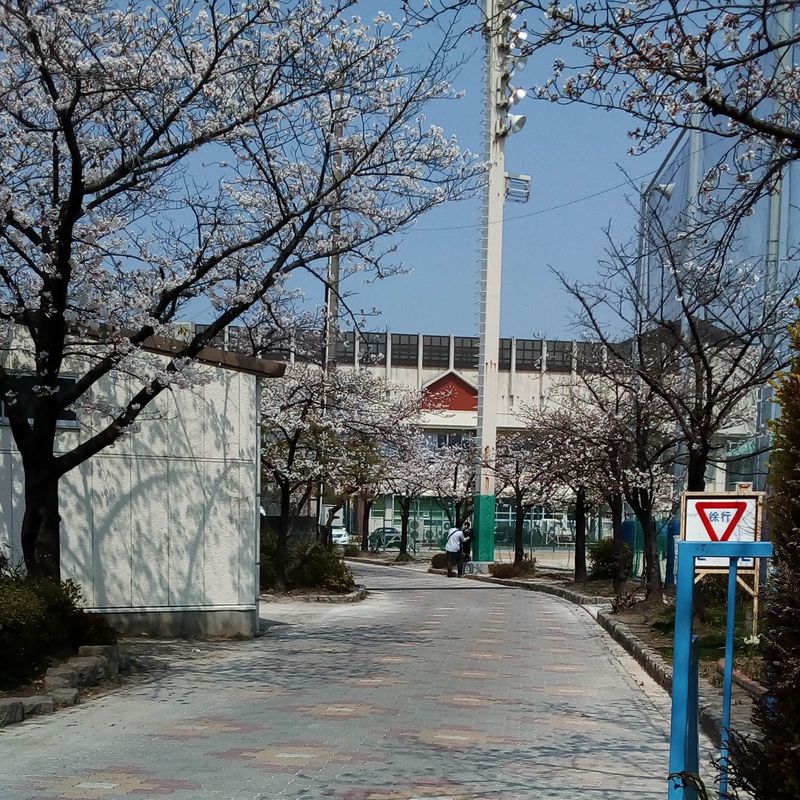Mar 27, 2018
English Education Changes This Spring

In spring of 2011, 5th and 6th grade elementary school students in Japan began studying “Foreign Language Activities” or English conversation lessons.
Starting in April of this year, third and fourth grades will join them (at the rate of 15 lessons a year), with an increase in the number of lessons (up to 50 this year; 75 by 2020) for the older students.
This has raised more than a little concern from the busy elementary school homeroom teachers. They don't have confidence to teach English most of the time, despite the training being hastily provided to them.
I'm not sure if I want to sit back and watch the sinking ship from far far away, or work in public schools as an ALT (assistant language teacher) again.
A ton of schools have already squeezed in some lessons with first through fourth graders when they have an ALT with a free period and some flash cards.
The addition of elementary classes as a required subject when it was intended as extra-curricular is not well thought through. In addition, the texts will possibly have overlapping materials when the students move to the existing junior high school curriculum, if the budget doesn't provide for updates to and replacement of texts.
Where does this leave the foreign teachers who come into each elementary school maybe once a week as ALTs?
There will be a need for more foreign assistant teachers, but the conditions for those teachers is not likely to improve (more likely the opposite). I'm guessing the number teachers from the countries other than 'native' English speaking countries will grow.
This is a great opportunity for teachers who have been disqualified based on their nationality in the past. In fact, a lot of the teachers I've met from outside of the UK and North America are much more qualified for teaching English.
Maybe more new ALTs will actually be experienced / interested in becoming teachers back home some day. I think that would be better for everyone when compared with those who are taking on a teaching job just to temporarily play in Japan.
Personally I don't think 'native' English speakers are essential or should be selected just because of where they're from. Especially for the elementary school ALT work, teachers with a good grasp of English from all over the world will be a great opportunity for the kids to spend time with someone from outside of their worldview.
This is the whole point, I think, with the upcoming Olympics to be held in Tokyo in just two years.
When Japanese people travel, they sometimes comment to me that people from ~ country can speak English, but it's difficult to understand their accents. This won't be such a big issue if young students are exposed to English spoken by people from around the world.
In my opinion, we can complain all we want about the existing / changing education system, but it won't help. We can only demand fair working conditions by not accepting positions that violate working laws, as most ALTs are now working through dispatching companies and not directly through the schools. We can have a good attitude and enjoy our work, creating fun lessons for the students, and helping the overworked homeroom teachers.
In addition, we can continue meeting people from all over the world while living in Japan!
If you're currently working with a dispatch company at a public elementary school, I welcome your comments about your views on the current changes to the English education system.



0 Comments